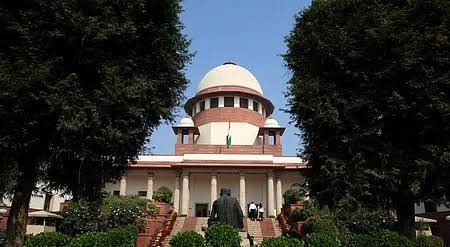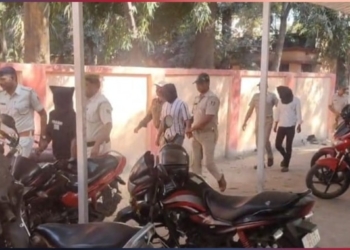In a landmark step to combat the rising mental health crisis among students, the Supreme Court of India has issued 15 binding guidelines for all educational institutions to prevent student suicides.
The apex court described the alarming increase in student suicides as “deeply distressing” and a sign of “systemic failure.”
Citing National Crime Records Bureau (NCRB) data, the SC noted that student suicides rose from 5,425 in 2001 to 13,044 in 2022. The court emphasized the urgent need for reforms across schools, colleges, universities, coaching centers, hostels, and training institutes.
Key Directives:
-
Mental Health Policies: All institutions must adopt a uniform mental health policy based on the UMMEED draft guidelines, the Manodarpan initiative, and the National Suicide Prevention Strategy. Policies should be reviewed annually and publicly displayed.
-
Mandatory Counsellors: Institutions with over 100 students must appoint trained counsellors or psychologists. Smaller institutions should maintain formal referral links with external mental health professionals.
-
Exam Support: Dedicated mentors or counsellors must be assigned during exam seasons and academic transitions.
-
No Performance-Based Segregation: Institutions are barred from segregating students based on academic performance or setting unrealistic targets.
-
Suicide Helplines: Helpline numbers, including Tele MANAS, must be prominently displayed in hostels, classrooms, and common areas.
-
Infrastructure Safety: Residential campuses must implement suicide prevention infrastructure, such as tamper-proof ceiling fans and restricted access to rooftops.
-
Staff Training: Teaching and non-teaching staff must undergo mandatory mental health and suicide prevention training twice a year.
-
Grievance Mechanisms: Institutions are required to have confidential systems to address harassment, bullying, ragging, and discrimination.
-
Regulation of Coaching Centres: States and Union Territories must regulate and register private coaching centers within two months, ensuring student protection and grievance protocols.
Monitoring and Compliance:
The central government has been directed to submit a compliance affidavit within 90 days, detailing implementation and monitoring measures. These guidelines will remain legally binding under Article 141 until appropriate legislation is enacted. The matter will be reviewed in October.





























